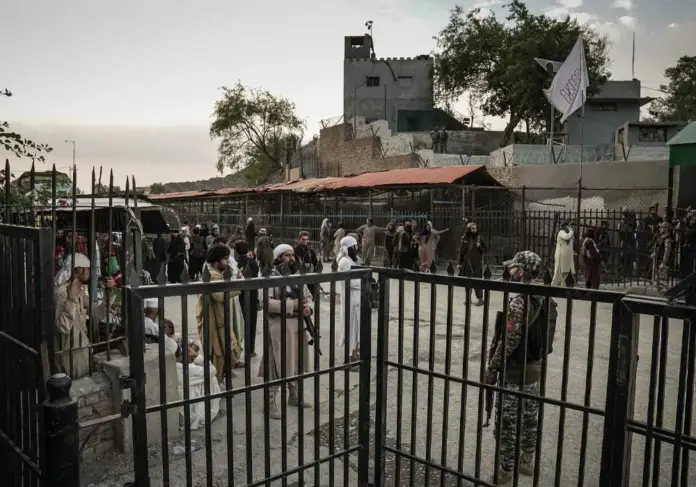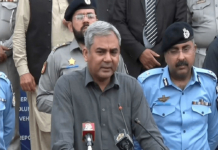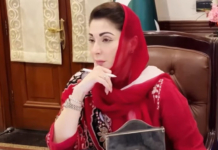Highlighting Afghanistan’s dire humanitarian crisis, Pakistan Tuesday told the UN Security Council that engagement with the Taliban was the best option to stabilize the region, realize respect for human rights, especially women’s rights, and to eliminate terrorism within and from that country.
“Coercion and isolation have not proved successful in the past; they will prove to be counter-productive now and in the future,” Ambassador Munir Akram stressed while participating in a debate on the situation in Afghanistan. “We need a coherent and practical plan to realize the objectives of the international community through patient engagement with the interim government,” the Pakistani envoy told the 15-member Council.
The key to reviving the Afghan economy is to inject the financial assets of Afghanistan – especially the $7 billion that are held abroad – into the Afghan financial system. “Our first priority must remain to reverse the current humanitarian crisis in Afghanistan, where 95% of the population exists in extreme poverty,” Ambassador Akram said. He said that during her recent visit to Kabul, Minister of State for Foreign Affairs Hina Rabbani Khar, had assured Taliban leaders of Pakistan’s all possible humanitarian assistance for Afghan refugees, improving trade prospects, transit access and technical assistance to Afghanistan. However, she had also made it clear that Pakistan will not compromise on the issue of women’s rights to education and work and other human rights.
In this regard, Ambassador Akram said Pakistan was “extremely disturbed” by the latest announcement on restrictions on higher education for women in Afghanistan, but called for cooperation and persuasion instead of coercion to ensure women’s rights. While there was no credible challenge within Afghanistan to the control of the Afghan interim government, the Pakistani envoy said that greater political inclusion will serve to advance the goal of peace and stability in the country.
Expressing deep concern over the rise of terrorist violence within and from Afghanistan, he pointed out that while the international media focused on a much-diminished Al-Qa’eda, “the major threat today emanates from ISIL-K (Da’esh) and the TTP, the Tehreek-e-Taliban Pakistan.” Pointing to ISIL-KP’s recent attacks against the Russian Embassy, Chinese personnel in Kabul and Pakistan’s head of mission, Ambassador Akram said that the terrorist group remains a potent threat as it continues to receive funding from outside of Afghanistan and is thus equipped to attract recruits.
Describing The TTP as “the largest terrorist group within Afghanistan,” he said its safe havens are located in Nangarhar province, close to Pakistan’s borders. Pakistan continues to suffer cross-border attacks by the TTP, which , he said, receives financing and sponsorship from “external sources.” “The efforts of the interim government to neutralize the TTP – efforts in which we have participated – have not succeeded,” Ambassador Akram said, adding, ” Pakistan reserves the right to take decisive action to eliminate the terrorist threat posed by the TTP.”
Against this background, he highlighted the role played by UNAMA (UN Assistance Mission in Afghanistan) in addressing the humanitarian challenges facing the people of Afghanistan. Opening the debate, the new UN Special Representative in Afghanistan and UNAMA chief, Roza Otunbayeva, highlighted ongoing political and human rights concerns – as well as several positive developments – since the Taliban’s seizure of power in August 2021.
“We do not see eye to eye with the Taliban on a number of issues, but the focus is, and should be, on maintaining dialogue in the hope of a better future for Afghanistan, where everyone – women, men, girls and boys – can live a life with dignity and equality,” she said. Ms. Otunbayeva took up her position in September and has travelled throughout Afghanistan since then. “What struck me most was the misery of so many Afghans who live in great poverty and uncertainty. Many told me during my visits around the country that they are simply surviving,” she said.







